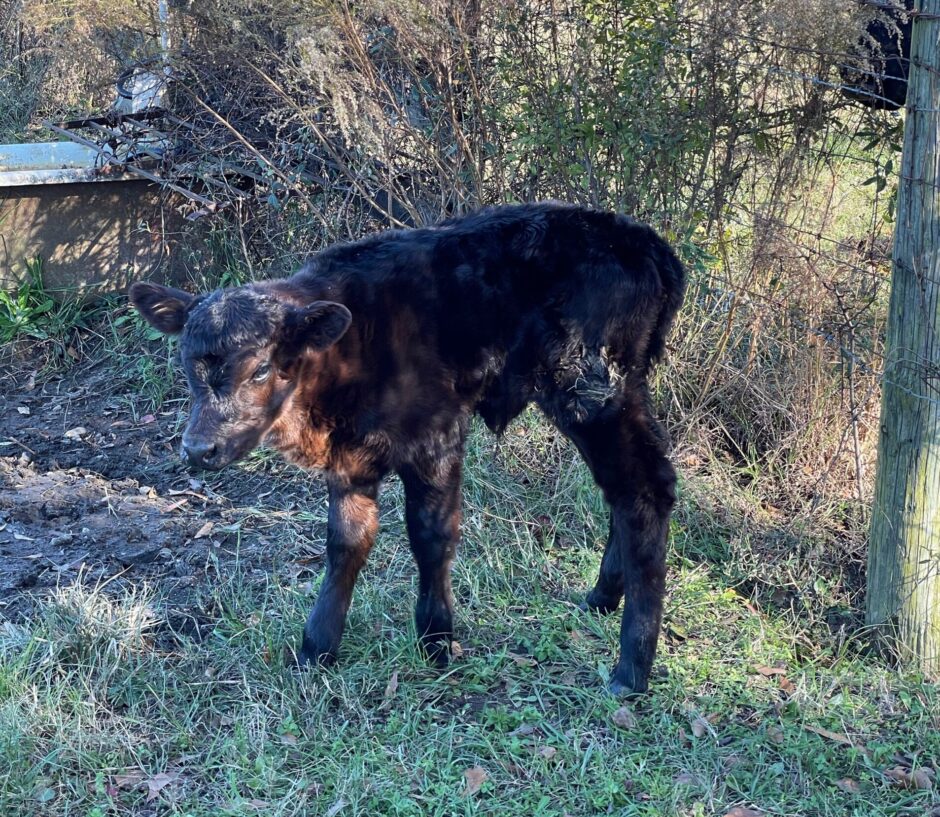Our first calf was born on our beef cattle farm! It was an exciting time, to be sure. In multiple conversations, we talked about the role of the calf and the worth of the bull. The heifer calf will be traded or sold once she is weaned. Since she came from our bull, that will prevent in-breeding. The bull was raised on our farm, so we have been eagerly awaiting his growth and then production. Once he was grown, the gestation period is 9 months, so it seemed like a long wait at times. But now that we know, future calves will be kept if male and moved on if female.
Thinking about this process made me think about living in community. We have built-in encouragement to be inter-dependent and reach outside ourselves. We don’t need those heifers, but someone else does. Trading or selling is a win-win.
Then God blessed Noah and his sons, saying to them,
“Be fruitful and increase in number and fill the earth.”
Genesis 9:1
God gave directions to Noah after the Flood. He wanted the earth filled by Noah’s descendants. He wanted growth and prosperity. At one point (Genesis 11), those descendants decided otherwise. They wanted to build a city and settle in and make themselves great and sufficient. God confused the languages and scattered them again.
It is a human tendency to withdraw into ourselves, to silo, to build a moat around our castle. God helps us with natural reasons against that trend, like confusing languages or designing the results of in-breeding. If we think that we can run a herd all by ourselves — no help from others, no fresh infusion of stock — soon we will not have a healthy herd. Not the best plan!
We have no plans, nor are we tempted, to manage our cattle that way. But this makes me think about where I do have the tendency to live against God’s design. Where am I resisting community? Am I bringing unpleasant consequences on myself by not actively loving my neighbor? Where am I thinking I am all I need in myself?

